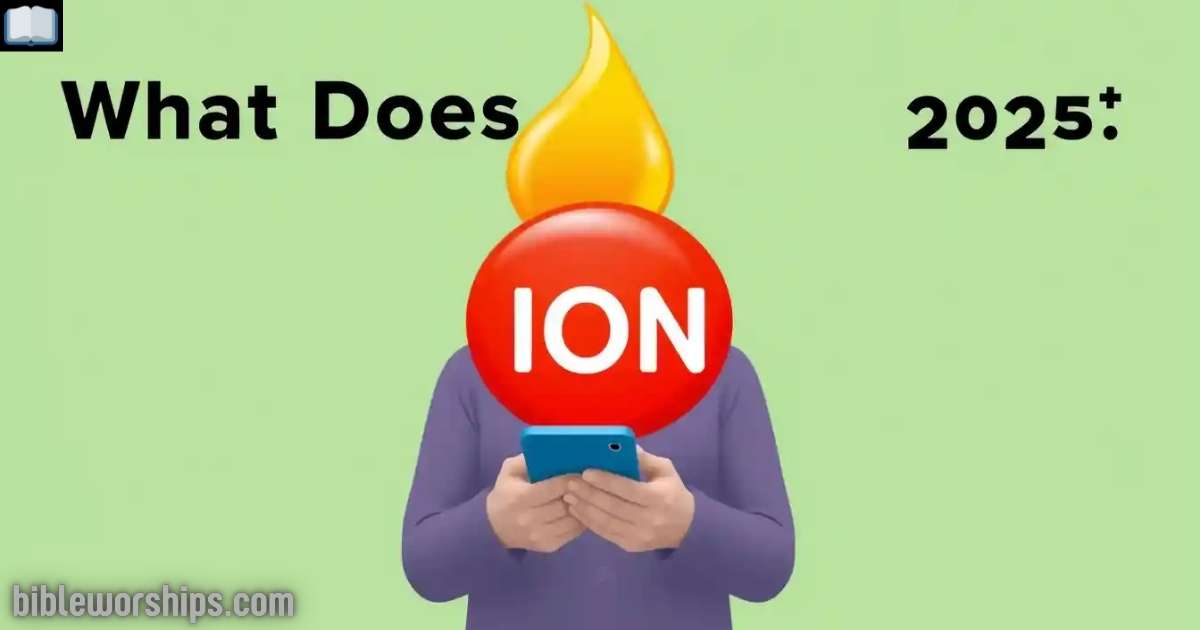In today’s fast-paced world, texting has become a primary mode of communication, especially among younger generations. With the rise of abbreviations, slang, and acronyms, new terms emerge frequently, adding to the ever-growing list of shortcuts and casual expressions we use in digital conversations. One such term that’s gained popularity recently is “Ion.” But what exactly does “Ion” mean in texting, especially in 2025?
In this article, we’ll dive deep into the meaning of “Ion” in texting, how it’s used, and its evolution. Whether you’re new to this term or looking for clarity on how to use it in your conversations, we’ve got you covered.
Understanding “Ion” in Texting
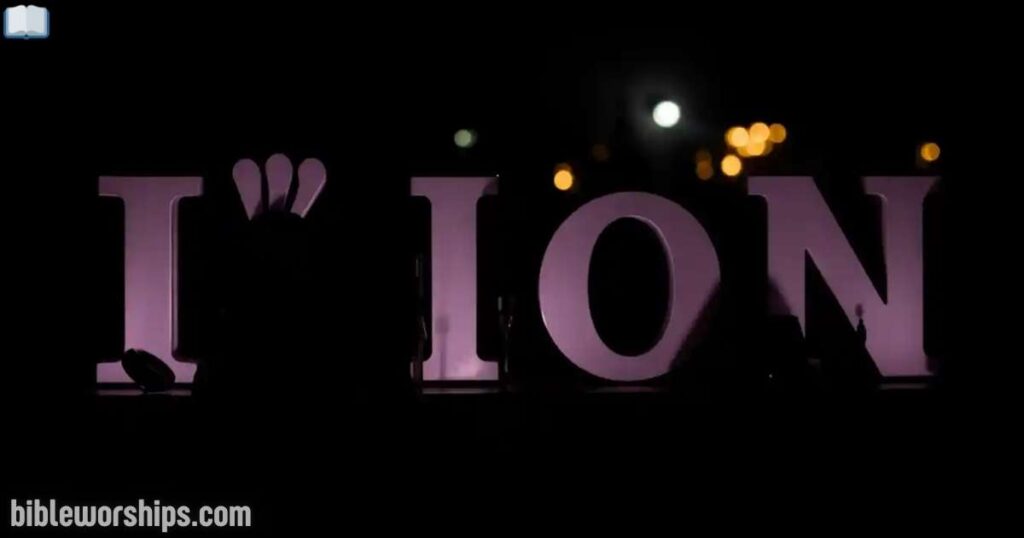
“Ion” is a shorthand for “I don’t” or “I don’t know,” and it’s typically used in informal online conversations, especially on social media platforms like Twitter, Instagram, and TikTok. The term has evolved as a way to condense language and make texting more efficient. People use it to convey disinterest, uncertainty, or a casual dismissal in a conversation.
This shorthand is especially popular among teenagers and young adults. It has emerged as a part of a larger trend where abbreviations and simplified language dominate online communication. It’s part of the digital age’s effort to speed up communication while retaining meaning.
Example Sentences with “Ion”
Here are several examples to help illustrate how “Ion” is used in various contexts:
- “Ion care what people think.”
This sentence expresses indifference. The person is saying they don’t care about other people’s opinions.
- “Ion even know what’s going on here.”
Here, the speaker is expressing confusion or a lack of knowledge about a situation.
- “Ion wanna deal with that drama.”
This conveys that the person is uninterested in getting involved in some sort of drama or conflict.
- “Ion like that movie, it was boring.”
The person is expressing their dislike of the movie, replacing “I don’t” with “Ion.”
- “Ion trust that guy, something’s off.”
In this case, “Ion” expresses a lack of trust or suspicion about someone.
- “Ion gonna make it to the party tonight.”
Here, “Ion” shows that the person is stating they won’t attend the event.
- “Ion see the point of all this.”
The speaker is expressing confusion or lack of understanding about a particular subject or argument.
- “Ion care if we’re late.”
This is another example of showing indifference toward the time or situation.
- “Ion even feel like talking today.”
The person is saying that they don’t feel like having a conversation, indicating a lack of interest.
In these examples, you can see how “Ion” serves as a quick and casual way of saying “I don’t” or “I don’t know.” It’s often used in a conversational, laid-back tone, which is why it’s perfect for text messages or online chats.
How “Ion” Evolved in Texting
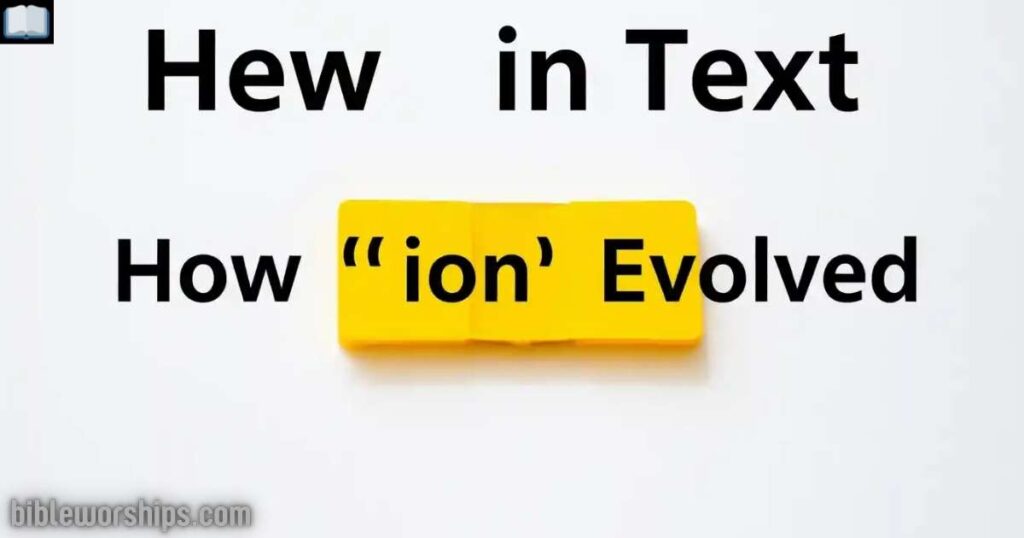
The evolution of “Ion” can be traced to the broader context of texting and online language. Shortened forms of phrases have always existed, but in the age of emojis, GIFs, and memes, abbreviations have taken on even more significance. Here’s a brief timeline of how “Ion” fits into the larger picture:
- Early Internet Days (2000s): Abbreviations like “lol” (laugh out loud) and “brb” (be right back) became common. These terms were born from the need for fast communication in chat rooms and instant messaging.
- Social Media Boom (2010s): With the rise of Twitter, Instagram, and Facebook, brevity became even more essential due to character limits and the increasing speed of communication. Terms like “lmao” (laughing my ass off) and “smh” (shaking my head) became widespread.
- The Rise of “Ion” (2020s and Beyond): As texting and social media conversations became more casual, and slang grew even more creative, “Ion” gained popularity as a form of shorthand for “I don’t” or “I don’t know.” It reflects how language continues to evolve as people look for ways to express themselves more quickly and efficiently.
How to Use “Ion” Correctly
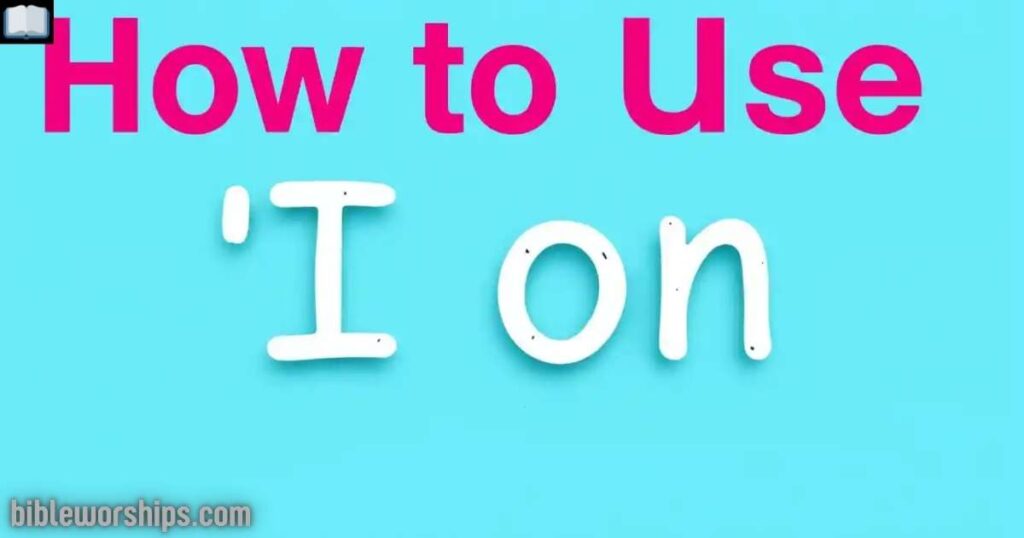
Now that we’ve defined “Ion” and explored its origins, let’s look at how you can use it properly in your own texting conversations. Remember, it’s not for formal communication or professional settings; it’s meant to be used casually, typically with friends or people you’re close to.
Correct Usage in Sentences:
- “Ion care if we’re late, let’s just go.”
- “Ion even know what that meme is about.”
- “Ion really feel like going out tonight.”
- “Ion think it’s a good idea to skip the meeting.”
- “Ion believe how much drama there is today.”
- “Ion understand why people like that movie so much.”
- “Ion wanna get involved in that argument.”
- “Ion have any idea where my keys are.”
- “Ion think this party is going to be fun.”
“Ion know what happened to the project deadlines.”
As you can see, “Ion” is primarily used when you want to express indifference or uncertainty. It can help convey a feeling of “I don’t care,” “I don’t know,” or even “I’m not concerned.”
When NOT to Use “Ion”
- Professional Emails: “Ion don’t have the report ready yet” sounds too casual for a work environment.
- Formal Documents: Writing “Ion” in academic papers or official documents would undermine the formality of the content.
- Serious Conversations: “Ion care about your feelings” could sound dismissive if someone is sharing something important with you.
- Job Interviews: Using “Ion” in a job interview or professional setting would be inappropriate and unprofessional.
- When Giving Instructions: “Ion want you to complete this task” is unclear and might cause confusion in situations that require clear direction.
- Legal or Medical Communications: “Ion know the details of the case” is not suitable in legal or medical contexts, where precision is critical.
- Academic Discussions: “Ion think this is a valid argument” would be too informal for scholarly discussions or debates.
- In Public Speaking: Saying “Ion think the speech is going well” in a public presentation could detract from your credibility.
- Texting Strangers: If you don’t know the person well, using “Ion” might make you seem overly casual or uninterested in the conversation.
- Official Requests: “Ion need your approval for the project” might come off as disrespectful or lazy when requesting something important.
“Ion” is a casual term, and while it may seem funny or relatable among peers, it can come off as unprofessional or dismissive in certain contexts. Always assess the situation before using this term!
Why “Ion” is Gaining Popularity in 2025
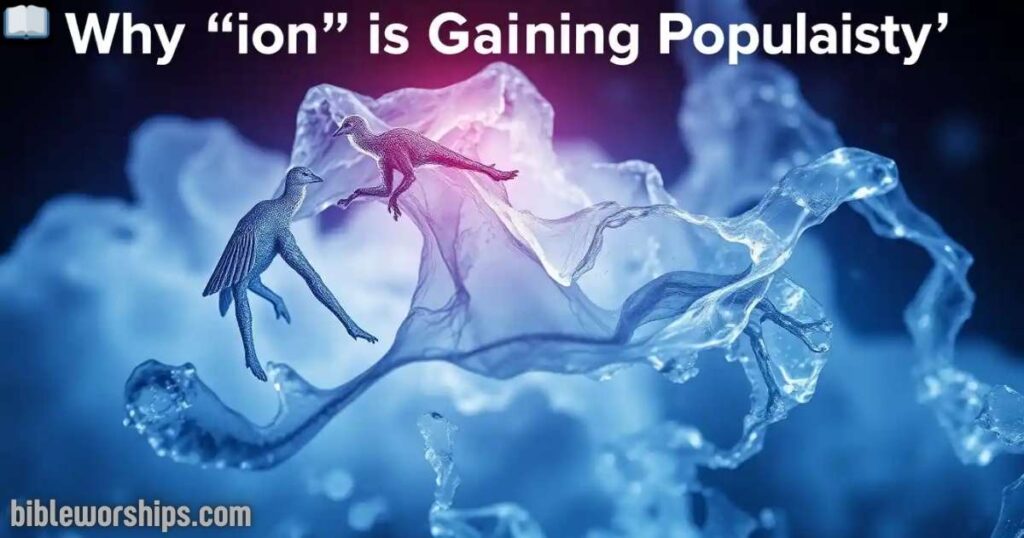
The growing usage of “Ion” in texting can be attributed to several factors:
- Speed of Communication: As more people embrace texting and instant messaging for communication, the need for faster, more efficient language is more important than ever. Shortening “I don’t” to “Ion” makes it quicker to type and just as clear in meaning.
- Influence of Social Media and Memes: Social media platforms and meme culture have a huge influence on how language evolves. Trends, challenges, and viral videos often introduce new slang, which spreads quickly through these platforms. “Ion” fits right in as part of this culture.
- Youth Culture and Casual Language: Younger generations have developed a distinct way of communicating, where informality and humor are prioritized over formality. “Ion” reflects this trend, as it allows for more relaxed, conversational interactions.
The Future of “Ion” in Texting
Will “Ion” continue to be relevant in the coming years? It’s hard to say for sure, but based on how language trends have evolved in recent decades, it’s likely that shorthand and abbreviations will only continue to grow in popularity. As texting culture shifts, new terms will emerge, and some, like “Ion,” may fade into obscurity.
However, for now, “Ion” remains a part of the rich, evolving landscape of digital communication, especially in casual texting. As we head into 2025, it’s a perfect example of how language adapts to the digital age and the need for speed, brevity, and fun in our daily conversations.
Conclusion
In 2025, “Ion” has become a popular term in texting, representing a shorthand for “I don’t” or “I don’t know.” It’s an example of how language continues to evolve in the digital age, with texting and social media platforms leading the way. By using “Ion,” people can express themselves more efficiently and casually, fitting the fast-paced nature of online conversations.
Understanding how and when to use “Ion” can help you stay current with texting trends. Just remember, it’s best used in informal, friendly conversations and not in professional or serious contexts. As digital communication continues to change, we’ll undoubtedly see new terms emerge, but for now, “Ion” is one of the many ways texting has become quicker, funnier, and more relatable in 2025.

My name is Razzaq, and I have been writing about Bible verses and prayers for a long time. My deep understanding of these topics allows me to create high-quality content. The information I provide is always 100% accurate, ensuring that readers receive reliable and valuable insights.

